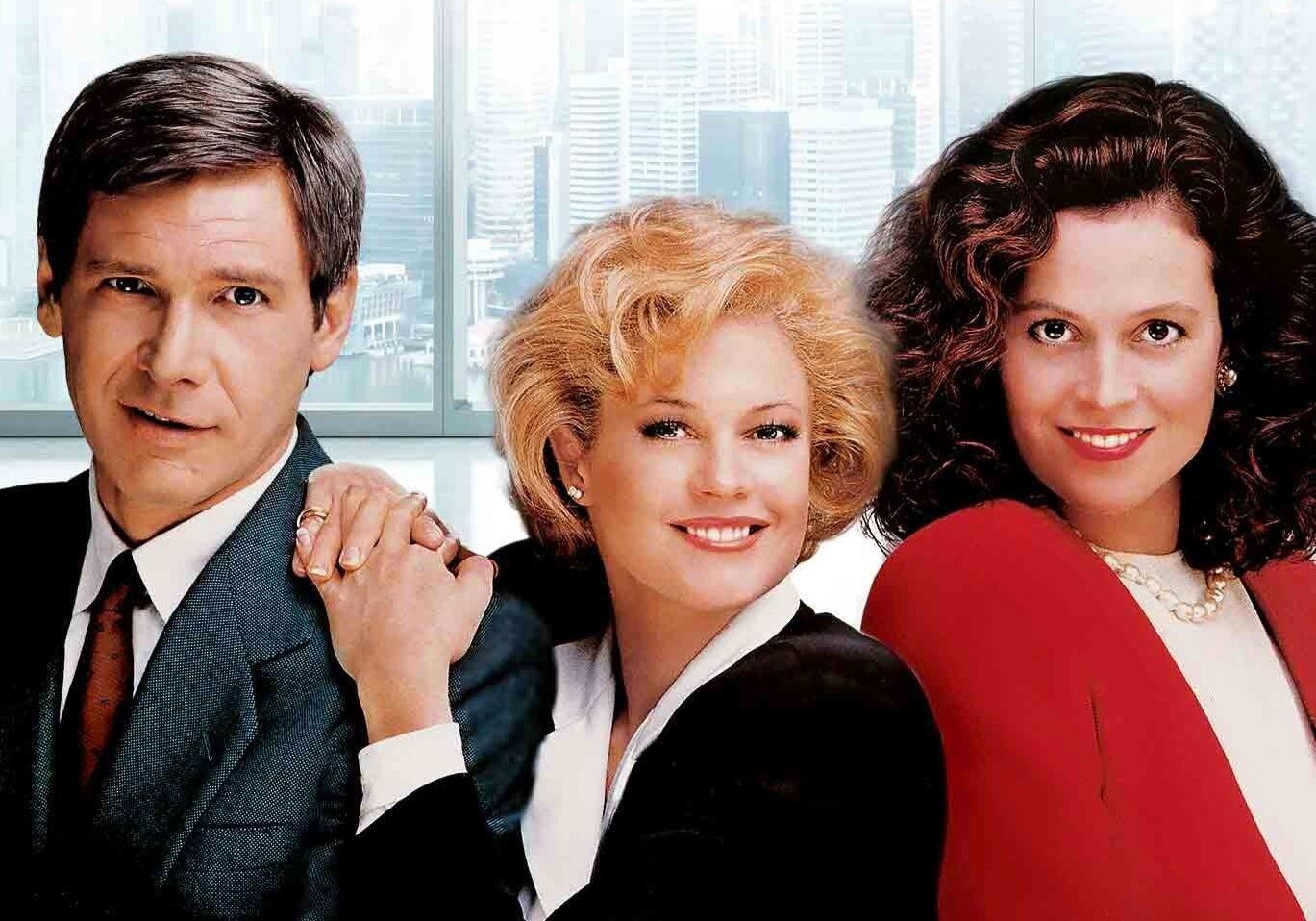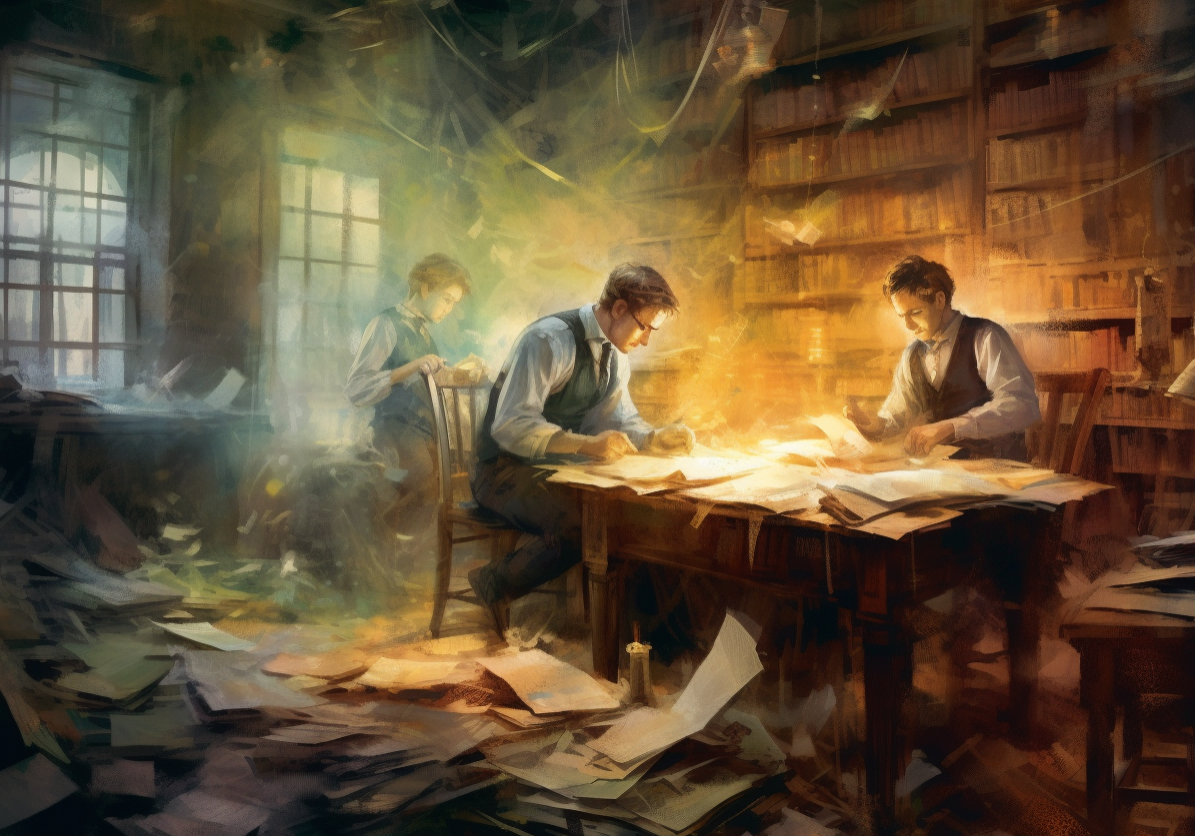The Elton/Hootie Line
To learn more about Epsilon Theory and be notified when we release new content sign up here. You’ll receive an email every week and your information will never be shared with anyone else.
Continue the discussion at the Epsilon Theory Forum
29 more replies
The Latest From Epsilon Theory
This commentary is being provided to you as general information only and should not be taken as investment advice. The opinions expressed in these materials represent the personal views of the author(s). It is not investment research or a research recommendation, as it does not constitute substantive research or analysis. Any action that you take as a result of information contained in this document is ultimately your responsibility. Epsilon Theory will not accept liability for any loss or damage, including without limitation to any loss of profit, which may arise directly or indirectly from use of or reliance on such information. Consult your investment advisor before making any investment decisions. It must be noted, that no one can accurately predict the future of the market with certainty or guarantee future investment performance. Past performance is not a guarantee of future results.
Statements in this communication are forward-looking statements. The forward-looking statements and other views expressed herein are as of the date of this publication. Actual future results or occurrences may differ significantly from those anticipated in any forward-looking statements, and there is no guarantee that any predictions will come to pass. The views expressed herein are subject to change at any time, due to numerous market and other factors. Epsilon Theory disclaims any obligation to update publicly or revise any forward-looking statements or views expressed herein. This information is neither an offer to sell nor a solicitation of any offer to buy any securities. This commentary has been prepared without regard to the individual financial circumstances and objectives of persons who receive it. Epsilon Theory recommends that investors independently evaluate particular investments and strategies, and encourages investors to seek the advice of a financial advisor. The appropriateness of a particular investment or strategy will depend on an investor’s individual circumstances and objectives.









on a lighter note, i suppose thats why all the music after 2000 pretty much sucks…it always amuses me that the tracks everyone gets up and dances to are from the 1970s-1990s. especially the kids today who weren’t even born then…
Great note. And aside from dealing with the here and now, and offering a prescription (the hardest part, I think) that can get people engaged - I have kind of an “academic” question: Why are we now living in the “widening gyre,” and the “long now,” or why have we fully embraced the volume/compression matrix in society and politics? If you look at all sorts of measures it looks like something “breaks” in the late 1970’s and then continues growing through the 80’s and then accelerates starting in the early 90’s. I wonder if you have a view on “why” this has happened (or an essay you could point me to). Do you think there are feedback loops to the way we measure things as well?
Just musings, I suppose (I’m not demanding explanations).
Rusty, great post. It’s hard to find people who believe in something that contains more than lots of calories and no nutrition. From “A Note On The Music Industry”: “According to Pollack, this diversion is a compositional device commonly used by Lennon and McCartney, which he says is, ‘deferred gratification.’ Pollacks’ choice of words to describe the song is an interesting counter-point to more recent generation that seems obsessed with instant gratification.” https://www.lbs.co/blog/a-note-on-the-music-industry
Thanks for sharing this. I really enjoyed that writeup.
I think you could do worse than to pin it all on the fundamental transition of social interactions from mostly bilateral to mostly crowd-watching-the-crowd over that time. That fundamental shift makes loudness - which is often explicitly but sometimes implicitly designed to exploit common knowledge - a dominant strategy that forces others to play too. Or lose.
Hah. Well, of course I agree. In honestly, I think that feeling is partially nostalgia (everyone thinks this about new music!). But I DO think it’s partially reflective of the second order effects described above: “What music would you make if music were really about this?” And if that’s “sounding good on the radio so people buy records”, you’ll do X. And if it’s “Make the most money on Spotify” you’ll do Y.
And those things are cartoons, not nearly the same as “music people will enjoy the most”, much less “the best music”, if such a thing can be argued to exist.
Worth the wait.
‘Nuff said
Ha! And there I was, convinced that my “real” guess was the correct one ? !! Very excited for the ET swag, thanks guys!
I’d love to learn more about how and why optionality disappears in the transition to Competition Games.
Noted. We can absolutely explore this specific dimension a bit more.